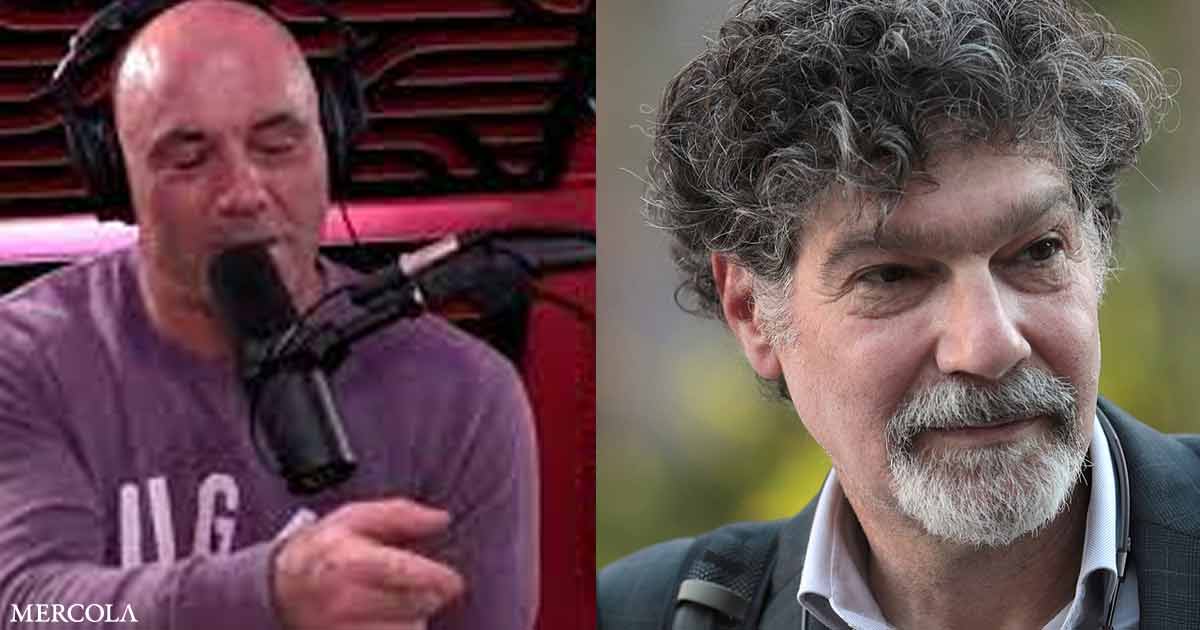Joe Rogan and Bret Weinstein: COVID-19 Blunder

We have tagged this article as propaganda as it imposes a serious spin on the topic.
If not more explanation provided, this article is included as propaganda because it shows clear manufacture from a government controlled dialectic,
where a topic is misdirected by some actors in order to mislead people during early stages of a narrative.
Bret Weinstein, an evolutionary theorist, author of "A Hunter-Gatherer's Guide to the 21st Century" and host of "The DarkHorse Podcast" was interviewed on "The Joe Rogan Experience," discussing some of the most heavily censored topics today.1
1From discussing why he believes COVID-19 is the "biggest blunder in human history" to how COVID-19 shots may make the human immune system unable to fight off pathogens, the interview is as riveting as it is pertinent to public health.
At the root of the problem is censorship, which has buried information that could have turned the tide of the COVID-19 pandemic early on, and the intentional act of keeping people in the dark, which may have paved the way for massive wealth transfer ahead of the pandemic.
Weinstein begins by discussing how the narrative has been able to get so out of control, with free speech openly dampened by those in control. He calls the concept "zero is a special number":2
2"The idea of zero as a special number is that this narrative control would not work if there was even one newspaper that was dedicated to the job of reporting the news. It wouldn't work if there was even one university that was dedicated to finding what the truth might be. Right?
It doesn't work if there's one social media platform in a primary position in which free speech reigns, because in any of these cases, if you had the university that was still interested in truth seeking in an era where everybody else was doing their diversity, equity and inclusion thing, every reasonable person would wanna send their kid there, right?
So it would win in competition almost immediately, and the result would be every other institution would have to change their policy to compete. So if you get even one exception, that's enough to break this pattern."
Read the full article at the original website
